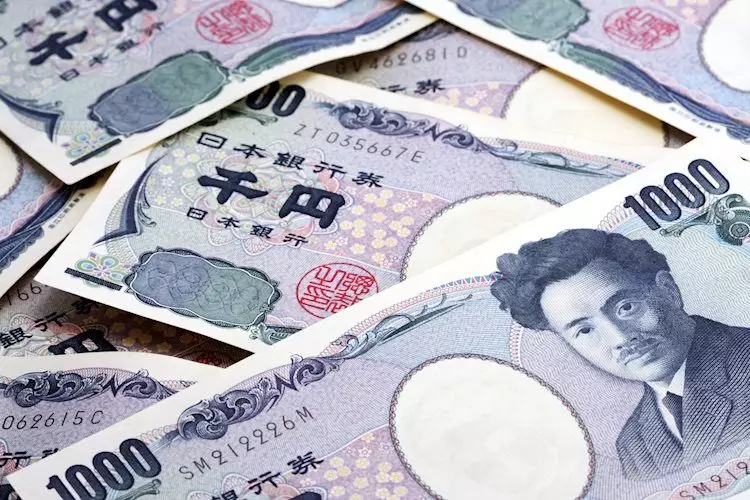The USD/JPY pair has shown signs of edging higher to 158.30 in early Asian trading sessions, driven by a rebound in the US Dollar. With Fed officials acknowledging significant progress on inflation, investors are closely monitoring US economic data, particularly the June Retail Sales and speeches from Federal Reserve officials. This positive outlook on the US economy is contributing to the pair’s bullish sentiment.
The growing speculation of a potential interest rate cut by the Federal Reserve is also influencing the USD/JPY pair. Fed Chair Jerome Powell’s comments on inflation and the possibility of interest rate cuts have raised expectations of a policy shift in the near future. This anticipation of lower borrowing costs in the US could weaken the Greenback and limit the upside potential of the currency pair.
On the other hand, concerns about foreign exchange intervention by Japanese authorities are looming over the market. Japanese Finance Minister Shunichi Suzuki’s remarks on rapid FX movements being undesirable, coupled with Chief Cabinet Secretary Yoshimasa Hayashi’s readiness to take action on forex, have raised fears of potential interventions to stabilize the Japanese Yen. This could provide support to the JPY against the USD.
Market Sentiment and Currency Control
The value of the Japanese Yen is significantly influenced by various factors such as the performance of the Japanese economy, the Bank of Japan’s policy decisions, yield differentials between Japanese and US bonds, and overall risk sentiment among traders. The BoJ plays a crucial role in controlling the currency’s value through its monetary policy actions. Despite the occasional interventions in currency markets, the BoJ aims to maintain stability while avoiding confrontation with major trading partners.
Policy Divergence and Safe-Haven Status
The policy divergence between the Bank of Japan and other major central banks, particularly the US Federal Reserve, has widened the yield differentials between US and Japanese bonds, favoring the USD against the JPY. Moreover, the Japanese Yen is considered a safe-haven investment, attracting investors during turbulent times due to its perceived reliability and stability. This safe-haven status could strengthen the Yen’s value against riskier currencies in times of market stress.
The movements in the USD/JPY currency pair reflect a combination of factors including US Dollar strength, Fed rate cut speculation, concerns about Japanese intervention, market sentiment, policy divergence, and safe-haven status. Traders and investors need to carefully analyze these factors to make informed decisions in the dynamic foreign exchange market.

